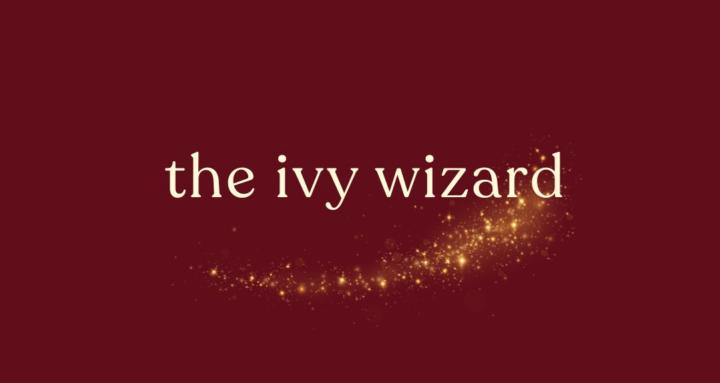May 23 (edited) • 🎓 Strategy Posts
📌 Mock Personal Statement #1 (Based on Everyday Life)
In my last post, I invited you to answer four simple questions—about what you loved as a kid, how people describe you, your dream lives (if anything were possible), and one small moment that felt hard. No drama required. Just honest details from your own life.
The goal? To show that even “ordinary” experiences can form the foundation of a powerful personal statement—if you know how to frame them.
Shout-out to those of you who shared your replies—SO appreciated (you know who you are ☺️). Below is the first short mock narrative, based on one student’s reply.
🎯 What I pulled from student #1's answers:
- Childhood interest: Drawing
- Personality traits: Overthinker, hardworking, short-tempered
- Dream job (one of several): Astronaut
- Hard small moment: A teacher publicly commented on an exam (incl below)
❗Disclaimer: Everything beyond the details above is imagined—this isn’t a full essay nor is it a final draft. But that’s the point: I’ve filled in the gaps to show how your everyday experiences already hold the potential for a compelling story.
- Direction I imagined: Astronomy major
___________________________________________
MOCK EXAMPLE #1
✏️ Hook
I don’t rehearse what I’ll say—I sketch it. Outlines, arrows, cause and effect.
🔍 Intro
- I think visually. Not creatively, but structurally—like I need to see a moment to trust it. If something matters, I draw it out first: possibilities, breakdown points, how it might shift under pressure.
- Most people can speak while thinking. I need to finish building the system first.
💥 Heart / Conflict
- That didn’t always land well. I’ve been told to stop overcomplicating things, to “just be normal,” to stop talking like I’m building a blueprint. A teacher once held up my exam and joked it “weighed more than everyone else’s combined.” I laughed—but I rewrote every answer in my head that night, wondering what I should’ve left out.
- Over time, I started second-guessing everything. Whether I was saying too much. Whether I was taking too long. Whether I should say anything at all. I wasn’t just editing my words—I was editing the way I think. And eventually, I started disappearing from the spaces where I used to feel most curious.
- I disliked that version of myself. Hesitant. Less engaged. Frustrated. That frustration often turned into impatience—with others, and with myself. [Insert examples where that showed up—snapped at group dinner, became upset at family dinner, giving up on ideas before they were shared.]
🌱 Resolution / Growth
- I found a real-time satellite tracker—just a random link I clicked while scrolling. I watched orbit paths shift, adjust, re-stabilize. It looked chaotic. But as I sketched them out, I started to see the logic underneath.
- I kept coming back. Night after night. I started sketching the changes, tracing how the system held together. What started as curiosity turned into something close to obsession—and eventually, a real love for it.
- Space doesn’t reward speed or simplicity. It rewards pattern recognition, systems thinking, and the patience to hold complexity steady. The same instincts I used to hide are exactly what make that kind of work possible.
- I’m learning it’s not hesitation—it’s how I see patterns, test ideas, and make sense of complexity. Whether I’m stuck on drawing out an orbit, navigating a group, or a chaotic family dinner, it’s the mindset I trust deeply to find my way through.
💬 Curious how I built this? Let me know below 👇
Mock personal statement #2 drops tomorrow 💜
7
12 comments
powered by

skool.com/the-ivy-wizard-2876
🎓 Free group for students applying to U.S. colleges — run by The Ivy Wizard (Harvard x2, Oxford). Strategy made accessible.
Suggested communities
Powered by
